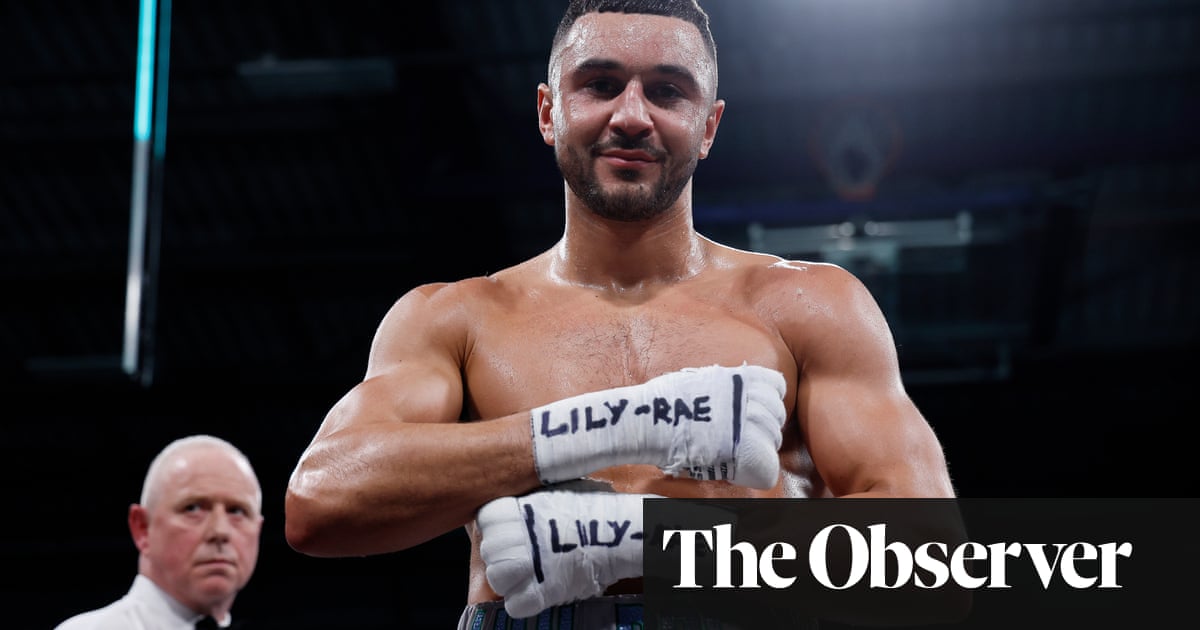One afternoon in the spring of 1997, as my seven-year-old classmate and I played in a tiny park in our Shanghai neighbourhood, she shared a secret: “I’m allowed to have a little brother or sister.” My jaw dropped. No one my age had a sibling except a pair of twins at school. People used the words “sister” and “brother” to mean cousin. Having siblings was an outlandish, outdated, even shameful concept, something older generations had done before the one-child policy was introduced in 1980.
My parents carefully stored our One Child Honorary Certificate, with golden characters on a sleek red booklet, in a bottom drawer, right by my birth certificate. They were good citizens who, by definition, had only one child.
“I have a congenital disorder,” my classmate added that day, waving her bony hand. She was the thinnest in the class. My insides knotted up. The sun shone brightly, the plane trees and yulan magnolias budding, but I understood then that my classmate was at risk of dying young, and that was why her family would be allowed another child. That was the moment I stopped thinking the one-child policy was normal. Suddenly I was forced to stare my own girlhood in the eye.
I wasn’t supposed to exist. In 1986, four years before my birth, my mother was pregnant with a boy until she rode on a cart attached to an old-school tricycle on a bumpy road and bled. She often recounted the story to me, referring to that boy as my brother, but always with a smile on her face. Since she wasn’t sad, I wasn’t either. I was only annoyed that when I failed to meet her expectations, she liked to say: “My life would’ve been better if your brother had lived!” I had no idea about her desperate yearning for more children.

My father often called me his “son”. In Chinese, he explained, the word nü’er (daughter) consists of “nü” – “female” – and “er” – “child” or “son”. A “female son” is a type of son, he said, so it wasn’t wrong for him to refer to me as his son. Throughout my childhood, I heard him remind my mother that they were raising me as if I were as good as a son. I didn’t realise this was my father’s attempt to cover his desire for a boy, and I let him convince me I was his son; his female son, his only son under the one-child policy. I wasn’t sad – until that spring day in the park.
The one-child policy lasted for three-and-a-half decades, until 2015, during which countless Chinese parents risked everything to get around it. Most failed. The number of female infanticides soared in rural areas because when only one child was allowed, people preferred a son. This was for cultural and practical reasons, such as the need for manual labour, for which males were considered more adept. Daughters were not the only victims of the policy. Women faced government-enforced abortion and sterilisation. In extreme cases, “uncooperative” women were forced to abort, even in the ninth month of pregnancy.
The seven-year-old me, of course, knew nothing about such cruelty. With the potential to cause public outcry and destabilise society, these cases were never reported in the state-controlled media. But that dull pain I felt in the park lingered on. Little did I know then that my aunt and uncle would soon be offered the same option as my classmate’s family. Later that year, my 15-year-old cousin, Brother Lulu, was diagnosed with a brain tumour. Immediately, the doctor sat my aunt and uncle down and told them they could now make another baby.

But how could they? All children were only children; all Brother Lulu’s peers were only children. For my aunt and uncle, in their mid-40s, to direct their efforts into conceiving a second child when their son was gravely ill was nothing short of telling him to his face that they expected him to die. So they never mentioned that option to Brother Lulu; they put their all into treasuring their last four years with him.
It took me decades to recognise that my father’s attempt to hide his desire for a son already made him more forward-thinking than many Chinese men of his time. It also took me decades to forgive my mother for lashing out at me – she had little control over her life and had to swallow unfairness and heartbreak when she simply wanted more children.
I am now a mother myself and have miscarried once. I want my two-year-old son to have a sibling, and I can try for one. What an easy choice it is for me and my generation. The one-child policy is history and I no longer live in China. But our collective trauma lingers.
That spring day in the park, the idea that people in tragic circumstances were allowed to have a sibling hit me hard. It took me longer – emigrating to Australia in my teens, in fact – to absorb that there was nothing honourable about the One Child Honorary Certificate; that elsewhere, parents had multiple kids simply because they wanted to. I feel lucky every day that I was born.

.png) 1 month ago
16
1 month ago
16













































